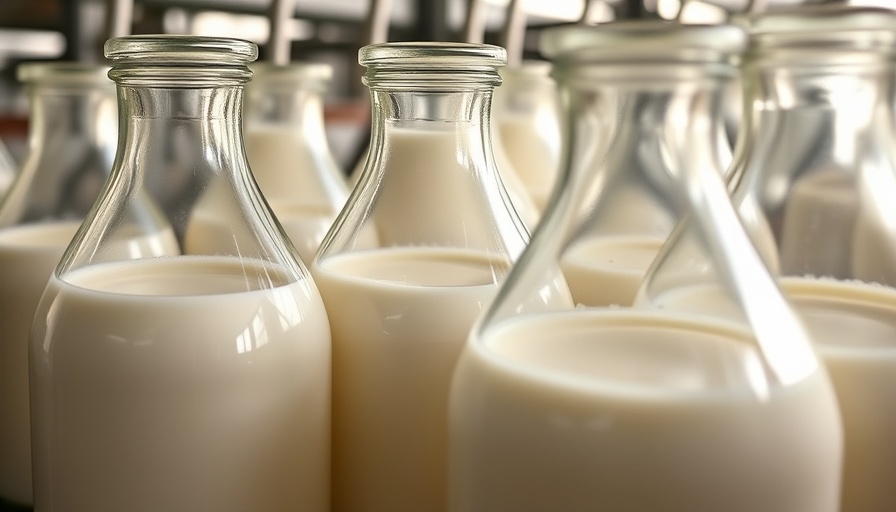
Worrying Discoveries: Bird Flu's Persistence in Raw Milk
A recent study highlights a concerning connection between avian influenza and raw milk. Researchers have found that the virus can survive in raw milk, raising alarms about potential transmission risks through unpasteurized dairy products. This discovery prompts important discussions about public health and food safety.
The Science of Avian Influenza
Avian influenza, commonly known as bird flu, primarily affects birds but can also infect humans and other animals. It spreads through respiratory droplets and contaminated surfaces. In some cases, the virus’s resilience can lead to severe health complications. Understanding its transmission channels is crucial for preventing outbreaks.
Raw Milk Risks: What You Need to Know
While raw milk advocates argue for its nutritional benefits, it's essential to recognize the risks associated with consuming unpasteurized dairy. Pasteurization effectively kills harmful pathogens, including avian influenza. Consumers should weigh these risks, especially in light of the recent findings pertinent to food safety.
Implications for Public Health
The survival of bird flu in raw milk underscores a critical public health challenge. Health authorities may need to revisit guidelines surrounding raw dairy products, especially during times when avian flu outbreaks are reported in poultry. Through increased awareness and education, efforts can be made to mitigate the risks to consumers.
Final Thoughts: Taking Action Against Foodborne Illness
To safeguard health, consider opting for pasteurized dairy products, particularly in regions where avian influenza is prevalent. By staying informed about the potential risks, consumers can make better choices that protect their well-being and that of their families.
 Add Row
Add Row  Add
Add 




 Add Row
Add Row  Add
Add 

Write A Comment